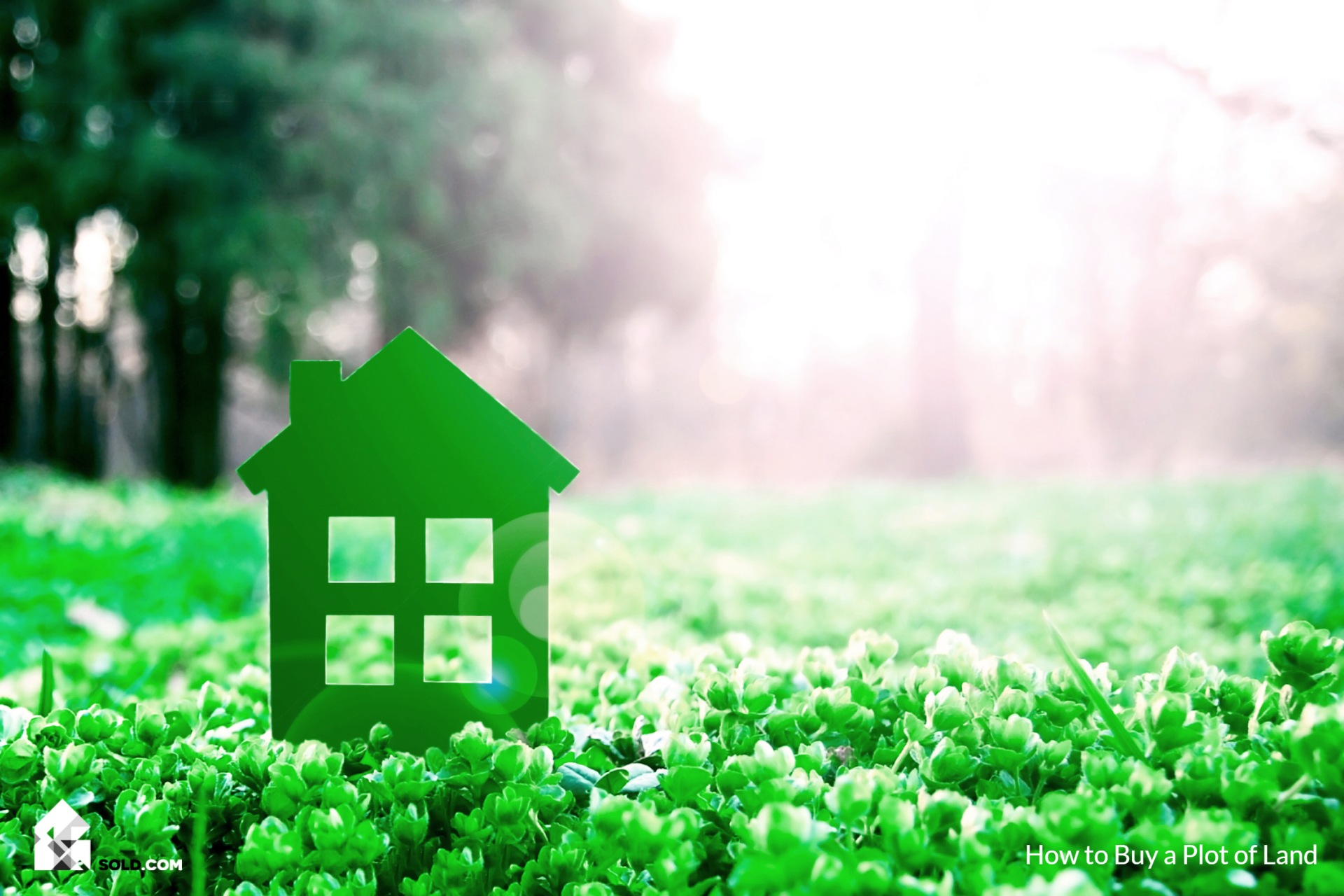
For homebuyers, there’s nothing more discouraging than house hunting for weeks or even months on end, only to conclude that there’s just nothing out there that fits your needs.
Admittedly, this is a fairly rare occurrence… but if you have something very specific in mind and don’t want to compromise, you may find that the market just can’t accommodate you.
And if that’s the case, there is another option: You can build your own dream house, designing it to meet all your exact criteria.
Before you do that, of course, you’ll need to buy a plot of land on which to build it. If you’ve never bought land before, you may find the prospect to be a little daunting. Not to worry: We’ve got you covered! Below, we’ll offer some guidelines for purchasing a plot of land.
However, we also want to offer a quick reminder: If you’re ever interested in selling your house, we can help with that, too! Just request your free SOLD.com report to learn more about the best way to sell a house.
With that, let’s get into the ins and outs of land buying.
Our Advice for Buying a Plot of Land
Here’s what we would recommend to anyone who’s interested in buying land.
- Check the zoning. The last thing you want is to buy a plot of land with the intentions of building your dream home, only to find that the lot isn’t zoned for residential building! Indeed, you should never buy a piece of land without first checking the zoning. This information is easy to find via a quick search of public records.
- Consider access to the road. If your plot of land already has easy access to the road, that’s ideal. If not, you’ll need to have a road built before you can start work on the house. And if the plot is landlocked, you’ll need to get an easement…that is, permission from one of your neighbors to put a road through their property.
- Look into setbacks. Setbacks refer to the distance from the property line where your building must be set… for example, if there’s a setback of 10 feet, you have to build your home 10 feet away from the property line. This is also very easily findable via a search of public records.
- Consult ordinances. In addition to zoning, you’ll also want to look into ordinances. Some local ordinances may prohibit you from building a second story on your home, which could interfere with your dream home plans.
- Weigh the cost. When buying a piece of land, you’ll need to think about expenses. There’s the actual cost of the land itself, but also the price you’ll pay to have it prepared for construction. For instance, you’ll likely need a survey, you may need grading or deforesting, and so forth. And none of that takes into account the down payment you’ll need to make on the home you build!
- Reach out to utility companies. You’re likely going to want electricity, plumbing, and potentially a septic system on your new plot of land. Reach out to the appropriate utility companies to ensure not just that this is affordable, but that it’s feasible in the first place.
- Talk to an expert. If you’ve never bought land before, it’s often wise to consult with someone who has some experience in the field. This may be a real estate agent or a land planner, who can give you a better idea of what it’s going to take for your land to be building-ready.
- Look into financing. Of course, you can always look into loans for your plot of land, and for the house you build on it… but you’ll want to explore financing options before you get too far into the process.
These are just a few steps to take while you consider buying a plot of land.
Learn More About Getting Your Home Sold
And remember, if you’ve got a home you need to get sold, claim your FREE seller’s report from SOLD.com! In it, you’ll get an individualized recommendation for the best way to sell a house in your market. Learn more about selling your house by claiming a SOLD.com report now.

